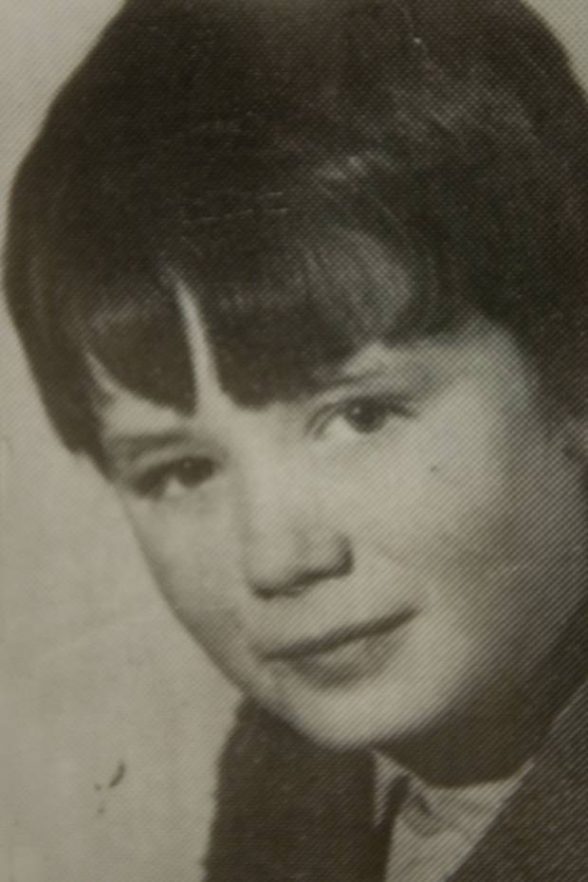
Manus Deery who was 15 when he was shot dead by a British soldier in Derry in 1972. Coroner rule today he was “totoally innocent”
A DERRY teenager, who was shot dead by the British Army almost 45 years ago, was “totally innocent” and did not pose a threat to anyone, a coroner has said.
Manus Deery, 15, was with a group of teenage friends when he was shot in the head by a soldier from an observation post on the city’s walls in May 1972.
The soldier has since died.
The coroner, Mr Justice Adrian Colton QC, said the teenager’s character had been fully vindicated, adding that Mr Deery was not a member of any illegal organisation.
“The belated acknowledgement by the Ministry of Defence at the closing of this inquest on 21 November 2016 is to be welcomed,” said Mr Justice Colton.
“1972 was one of the worst years for Troubles-related deaths. There were 496 such deaths during that single year.
“The events on Bloody Sunday had occurred on 30 January 1972, a matter of months before the shooting of Manus Deery.”
The coroner added that the area where Mr Deery was shot, the Bogside, was effectively a “no go area” for police and security forces and that “IRA checkpoints” were a regular occurrence.
The boy was described during the inquest as “bright” and “happy go lucky”.
He had just started his first job two weeks before his death.
The inquest was given evidence relating to the scene where the 15-year-old died.
The court was told that, at the time of the shooting, Manus Deery, and some other children, were in an archway, referred to as the funnel, which was a meeting point for young people.
This area was visible from an Army observation post which was located on the city’s walls. The distance from the walls to the area of the funnel was 192 metres.
All of the civilian witnesses in this case were categorical that the boy did not have a gun or anything else in his hand.
At an inquest hearing last year, William Glasgow was identified as the soldier who fired the fatal shot. He died in 2001 and the only account available from him was a statement he made to Royal Military Police on 20 May 1972.
Mr Glasgow’s statement said that on 19 May 1972 he was told by soldier ‘B’ that he had seen a male person “armed with a rifle in the trail position” at the rear of the Bogside Inn.
Mr Glasgow’s statement said that he “observed the rear of the Bogside Inn, through the telescope, and also saw the male person armed with a rifle”.
The statement went on to say this person was “standing inside an archway against the right wall. He was definitely armed with a rifle”.
Mr Glasgow then said he picked up his weapon, and fired at the person in question.
Soldier ‘B’ gave evidence at the inquest and on the key issue as to whether or not there was, in fact, a person in the Meenan Square area with a gun.
The coroner said: “It is clear that he himself cannot positively say that this was so.”
The person soldier ‘B’ identified was carrying “what appeared to be a rifle”.
The coroner considered that his impression of Soldier B’s evidence was that he had little reliable recall of what actually happened on the night in question.
He did not consider him a dishonest witness, but on the key issue of the alleged presence of a gunman, the coroner considered his evidence to be of “limited value”.
Tags:




